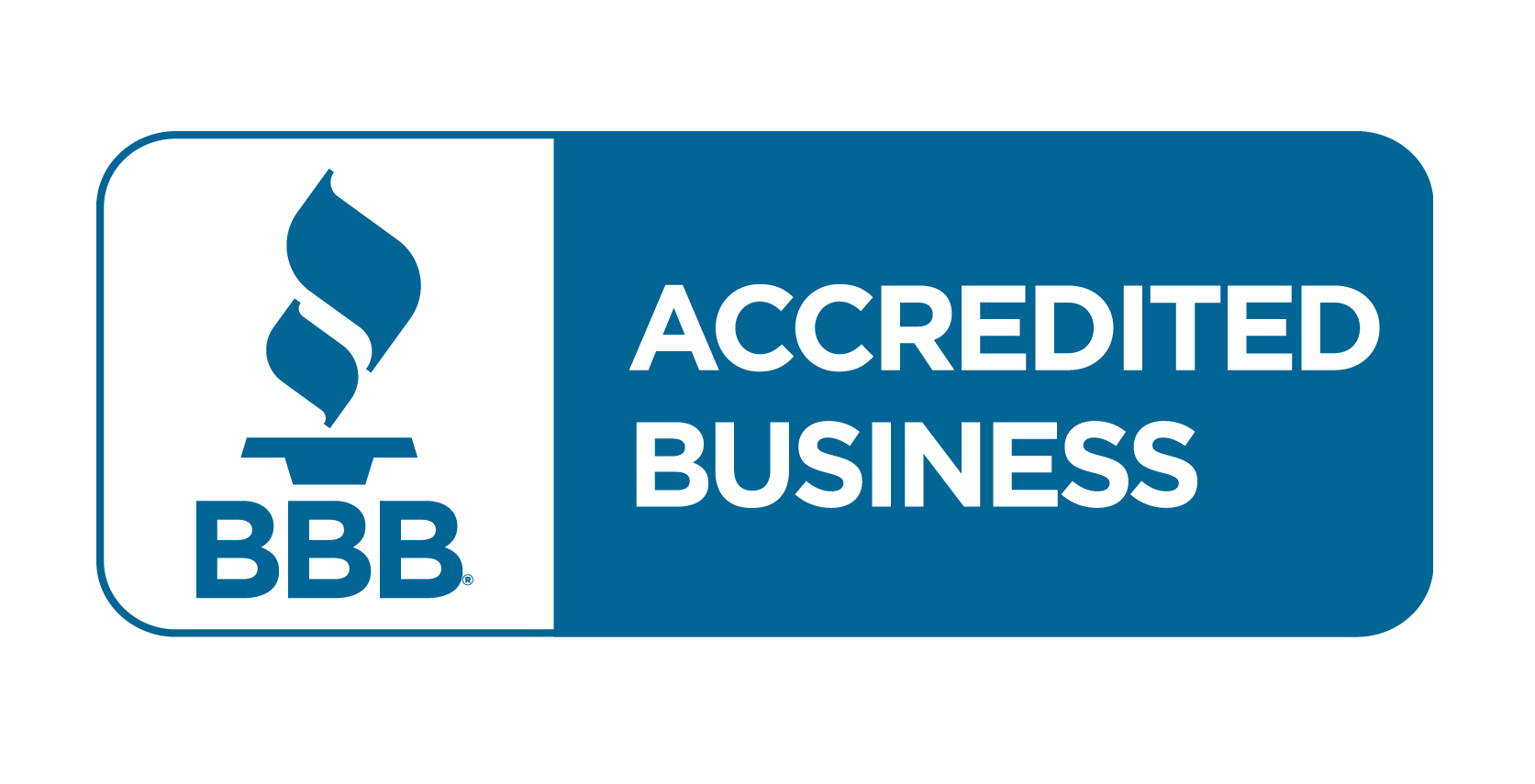The Power of Behavioral Interviewing in Executive Talent Assessment
The wrong hire – especially in a leadership position – can cost a company a quarter of a million dollars according to a SHRM survey. In addition to lost funds, a bad executive hire can also lead to economic uncertainty for shareholders, instability in customer or client relationships, strained employee morale and lost momentum.
To reduce the risk of a bad hire, many organizations employ standardized talent acquisition strategies for assessing candidates. One of the most prominent and effective methods today is behavioral interviewing.
Behavioral interviewing is an interview technique that uses past behavior to predict future performance. It aims to uncover specific examples and patterns of behavior in candidates by asking questions about their experiences, actions and outcomes in previous roles. This strategy can help executive search professionals determine a candidate’s ability to excel in a leadership position.
Together, we’ll explore behavioral interviewing's effectiveness in uncovering key competencies and predicting future performance for tomorrow’s leaders.
5 ADVANTAGES OF BEHAVIORAL INTERVIEWING
Behavioral interviewing enhances the rigor, objectivity, and effectiveness of executive talent assessment by providing a structured approach to evaluating candidates' past experiences, behaviors and competencies in relation to the demands of the executive position.
1. PREDICTIVE VALIDITY
Behavioral interviewing focuses on past behavior as a predictor of future performance. For executive roles where leadership, decision-making and strategic thinking are paramount, understanding how candidates have behaved in similar situations in the past provides valuable insights into their potential for success in the role.
2. ASSESSMENT OF EXECUTIVE COMPETENCIES
Behavioral interviewing allows assessors to probe candidates on specific examples of when they have demonstrated leadership competencies in their previous roles, providing a more accurate assessment of their suitability for the executive position.
3. DEPTH OF INSIGHT
Behavioral interviewing requires candidates to provide detailed examples of their experiences, actions and outcomes, allowing interviewers to gain a comprehensive understanding of the candidate's capabilities, leadership style and decision-making processes.
4. REDUCTION OF BIAS
By focusing on objective evidence of past behavior, behavioral interviewing can help to minimize unconscious bias in the assessment process. Instead of relying on subjective judgments or gut feelings, assessors can often make more informed decisions based on concrete examples of a candidate's performance and behavior.
When using the behavioral interviewing strategy, it is recommended that organizations use hiring teams – three to five individuals – to assess candidates. Creating Competitive Advantage Through Fairness, Inclusion and Belonging through the use of diverse hiring committees (interviewers with varying perspectives and backgrounds), there is a reduction of bias and it signals to the candidate that the organization is committed to diversity.
5. ALIGNMENT WITH ORGANIZATIONAL GOALS
Culture is a key driver of organizational success, and, according to Harvard Business School, leaders have a strong influence on shaping culture. This demonstrates the importance of ensuring selected candidates are not only capable of fulfilling the requirements of the executive role but also fit well within the organizational context. Behavioral interviewing can be tailored to assess specific competencies and behaviors that are aligned with the organization's values, culture and strategic objectives.



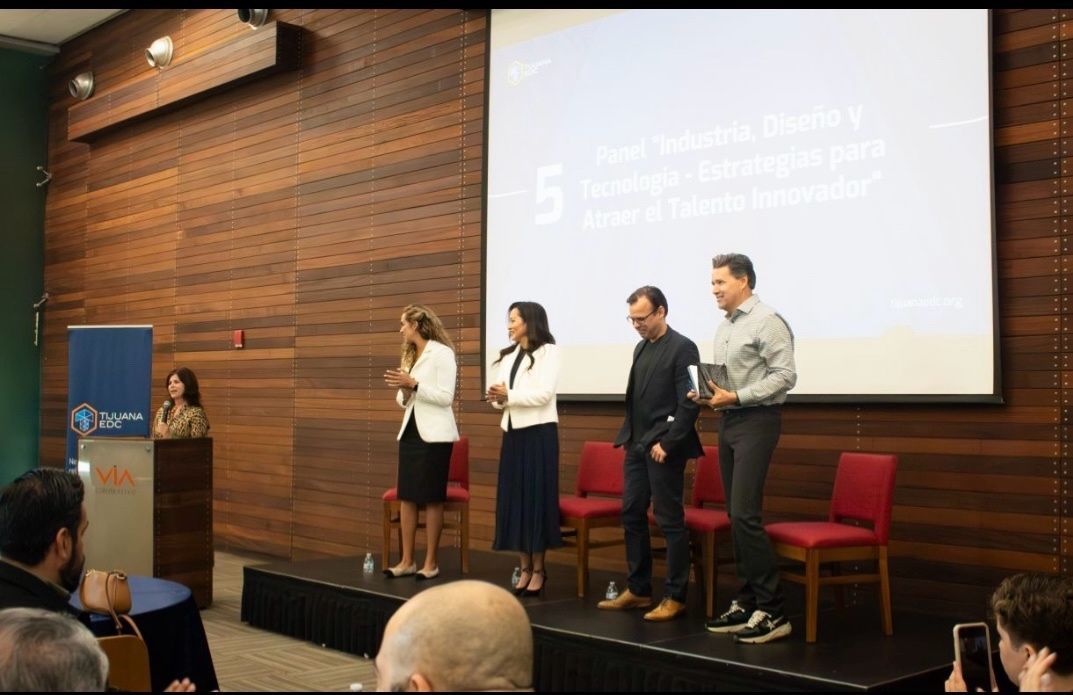



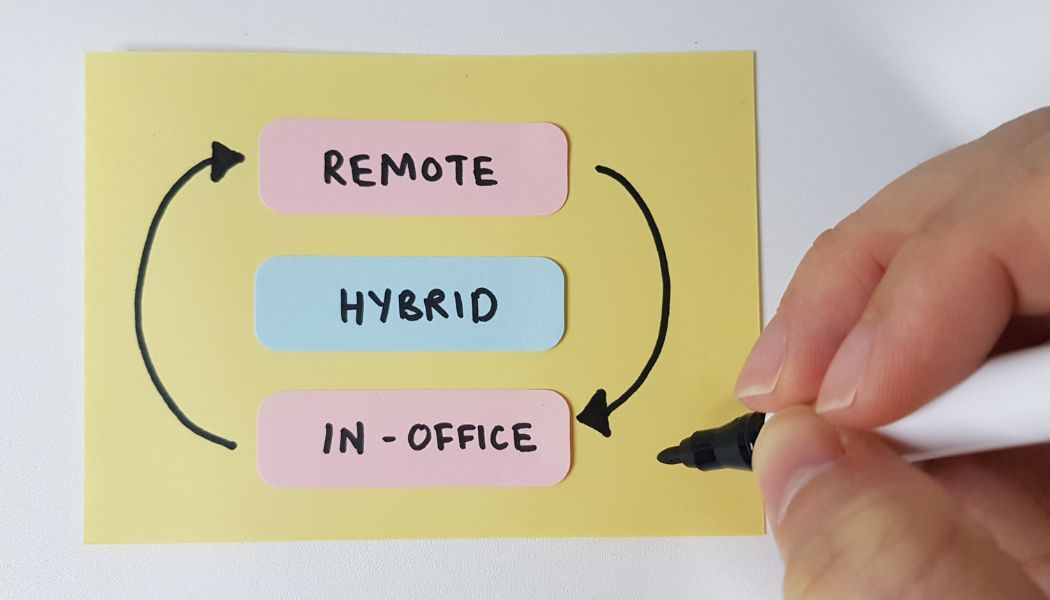
All Rights Reserved | TALENT CONNECT EXECUTIVE SEARCH & HR SOLUTIONS, LLC | Created by ZING.work




